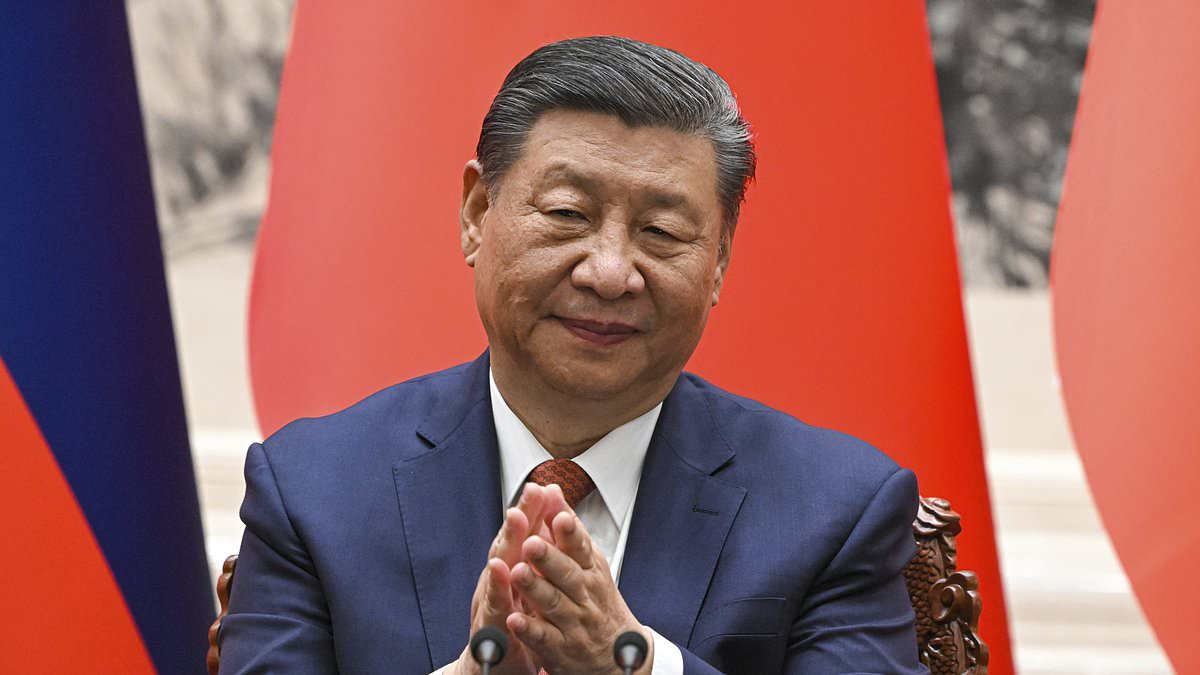China has lifted suspensions from n beef exporters, removing almost all of the $20 billion worth of trade sanctions it imposed.
Agriculture Minister Murray Watt said Beijing on Wednesday night lifted the bans, with immediate effect, for five different abattoirs.
‘That is fantastic news for the cattle producers, for the meat processing industry and for the workers in those industries,’ he told ABC News Breakfast on Thursday.
‘The work that we’ve done to stabilise our relationship with China is paying real dividends.’
Sanctions remain on two abattoirs and rock lobster.
The announcement precedes Chinese Premier Li Qiang’s high-level talks with Prime Minister Anthony Albanese next month.
Mr Li is expected to arrive in Canberra in mid-June.
Beijing slapped sanctions on in 2020 at the height of a diplomatic spat between the two countries, after the former Morrison government called for an independent inquiry into the origin of COVID-19.
China has progressively removed the trade barriers on n exports since Labor came to office in 2022.
With renewed access to ‘s largest trading partner, producers of barley, cotton, oaten hay and timber have had their exports swell by more than $3 billion over the past year and a bit.
Senator Watt said he was proud to have helped put billions of dollars back into primary producers’ pockets.
‘We have repeatedly said we will seek to co-operate with China where we can, disagree where we must and engage in our national interest,’ he said.
‘That national interest includes the success of ‘s timber workers and barley, cotton and hay farmers.’
The $3 billion figure does not include increased earnings from the resumption of wine sales to China, after Beijing dropped a tax of 220 per cent on n wine in March.
In 2019, n wine exports to China were worth $1.1 billion.
Even if all tariffs are eventually lifted, it is unlikely n trade with China will fully return to pre-COVID levels.
Impacted sectors have looked to diversify their export markets since the overnight drop in sales highlighted the pitfalls of placing all one’s eggs in one basket.
China accounted for 43 per cent of all n exports at the time, but that figure had dropped below 30 per cent in 2022-23.
‘That’s why from the outset, the government’s approach here has been to urge a diversification message to n industry,’ assistant trade minister Tim Ayres said in March.
The government has helped producers expand their access to growing and emerging overseas markets, with $198.2 million in grants targeted at re-orienting the nation’s trade.
